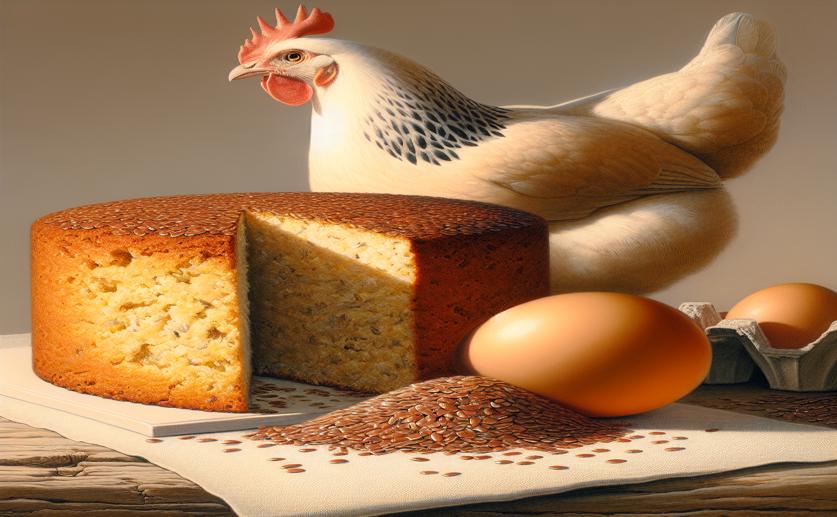
How Flaxseed Cake in Diet Affects Chicken Egg Quality and Nutrition
Jim Crocker
18th January, 2024

Image Source: Natural Science News, 2024
References
Main Study
1) Dietary flaxseed cake influences on performance, quality, and sensory attributes of eggs, serum, and egg trace minerals of laying hens.
Published 18th January, 2024
https://doi.org/10.1007/s11250-024-03897-0



 14th January, 2024 | David Palenski
14th January, 2024 | David Palenski